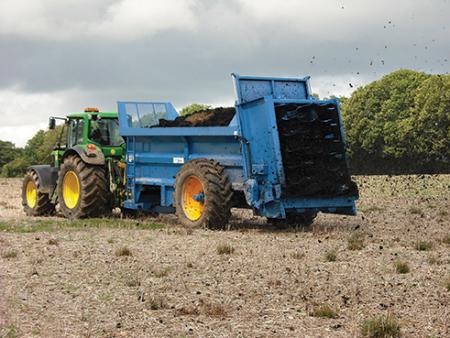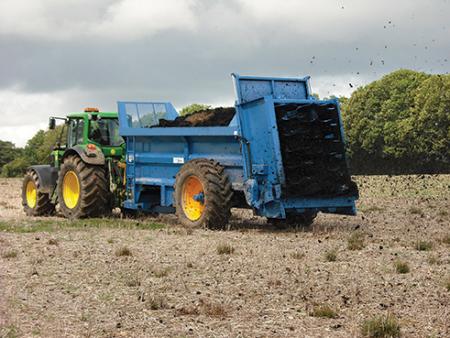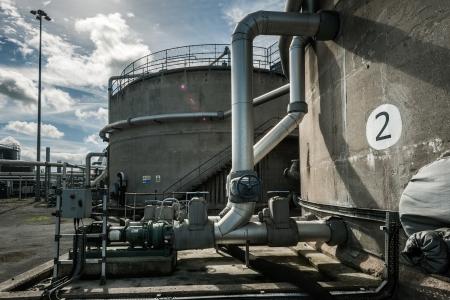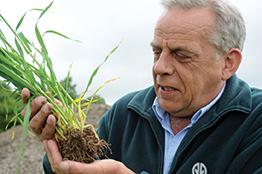
Area characterisation:
The liquid and food waste treatment centre is located at the Bristol Bioresources and Renewable Energy Park in Avonmouth. However, the biofertilizers are used on land within the Wessex Water catchment area which covers Dorset, Somerset, Bristol, most of Wiltshire and parts of Gloucestershire and Hampshire.
Objective:
To provide farmers with a sustainable alternative to traditional fertilizer and to help close the loop between food waste, sewage and agriculture to sustain a circular economy.
Images
Financing:
Funded by Wessex Water
Potential impacts/benefits:
|
|
Potential impacts/ benefits |
|||
|
Challenges addressed |
Enhancing sustainable urbanisation |
Restoring ecosystems and their functions |
Developing climate change mitigation |
Developing climate change adaptation |
|
Water management |
· Reduce costs for water treatments |
|
|
· Reduce load to sewer system |
|
Climate resilience |
|
|
· More energy efficient · Reduction of energy in production |
|
|
Potential for economic opportunities and Green Jobs |
· Creation of green jobs relating to construction and maintenance of NbS |
|
|
|
|
Sustainable food production |
· Improve soil quality |
|
|
|
Actions:
GENeco recycles more than 230,000 tonnes of "biosolids" from sewage treatment works across the Wessex Water region each year. The biosolids are brought to the centres as liquid waste from sewage treatment works or as food waste. Food waste is accepted from supermarkets, local authorities, food manufacturing organisations, hospitals, universities and waste management companies. The biosolids are created through the process of anaerobic digestion during which micro-organisms break down organic material without oxygen to produce methane-rich biogas and biosolids. The gas is used as a renewable energy source and the biosolids provide a cost-effective alternative to bagged fertilizer and help to enhance soil structure and fertility of agricultural land. This also helps to sustain a circular economy, diverting material away from landfill and supplies nutrients back into soil. Therefore this process acts to close the loop between food waste, sewage and agriculture.
GENeco offers a paid service to local farmers and has its own agronomists who sample the farmer’s fields and assess the nutrient profile in order to use the correct amount of biofertilizer. GENeco works within the Environmental Agency’s regulations and keeps food and sewage waste separate because sewage is a higher risk material and has higher restrictions on where it can be used.
Transferability of result:
Can be used wherever sewage waste and/or food waste is created and soils are depleted.
Lessons learnt:
It is possible to create a green economy and recycle food waste.
Farmers are willing to pay for this service as it will benefit their produce.
Organisations:
Wessex Water
GENeco
Client:
Wessex Water
Design team:
GENeco
Wessex Water
Contacts:
info@wenp.org.uk
Awards:
Guardian Sustainable Business Award 2015: Waste Impact
Sustainable City Awards 2016: Responsible Waste
Rushlight Awards 2018: Organic Resource Awards
NBS goals:
- Restoring ecosystems and their functions
- Nature-based solutions for increasing the sustainable use of matter and energy
NBS benefits:
- Reduce load to sewer system
- More energy efficient buildings
- Reduction of energy in the production of new buildings and building materials
- Creation of green jobs relating to construction & maintenance of NBS
- Reduce costs for water treatments


